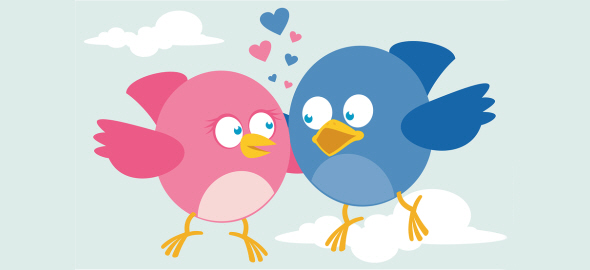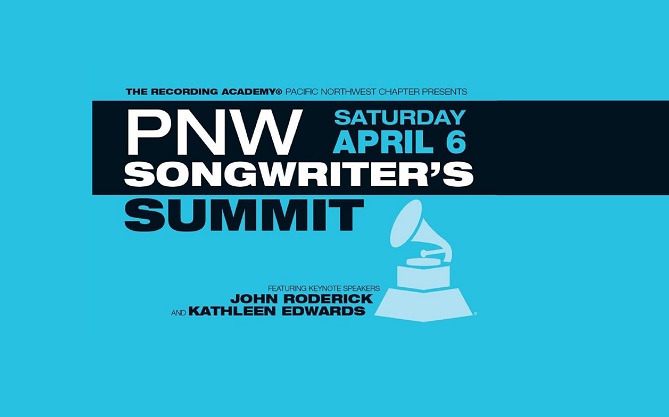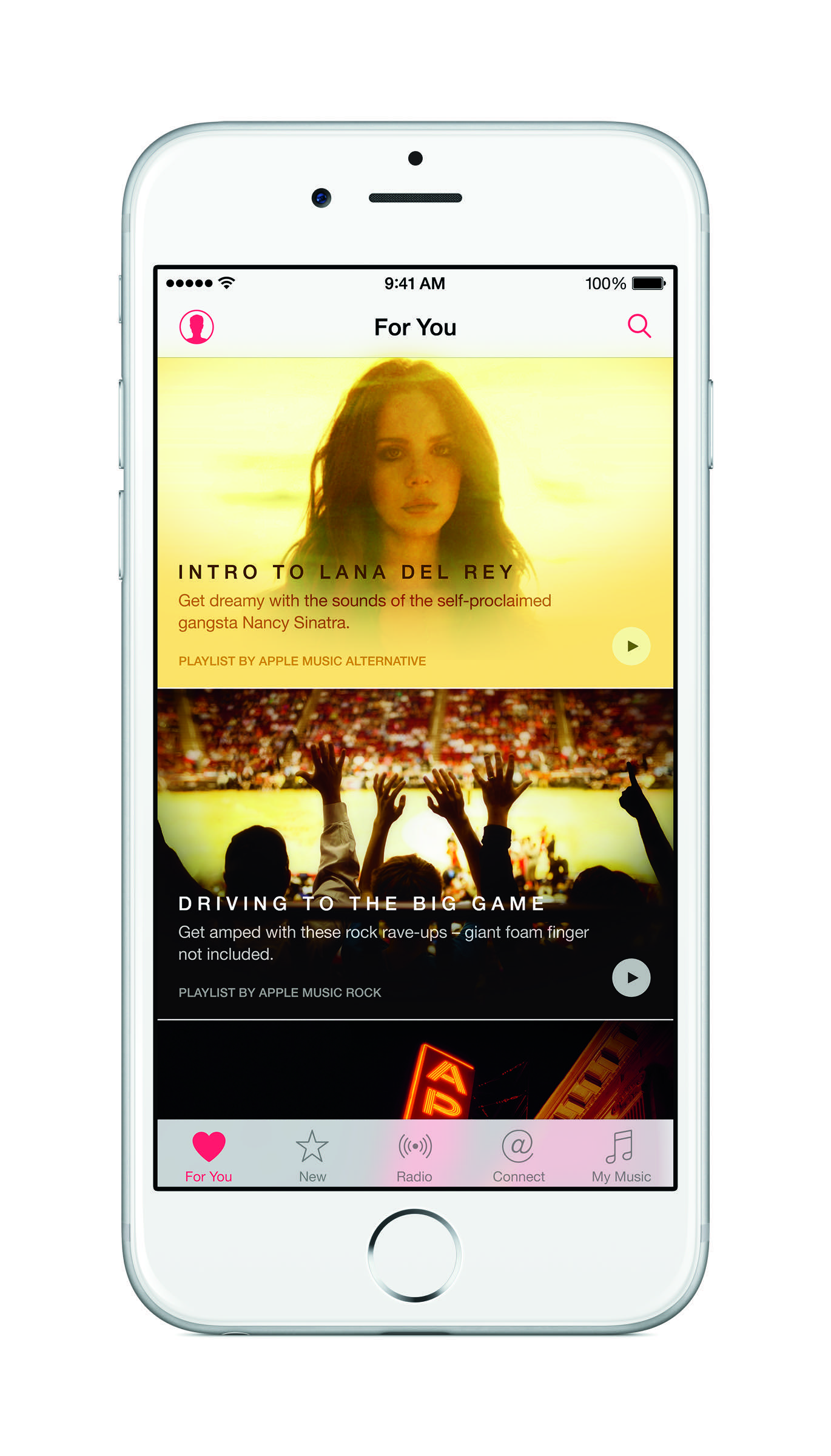 I have never met people in bars or laundromats or hiking clubs. All my relationships since college have heavily involved online communication. You know, the first batch of communication is purely professional, and then at some point it moves to the personal… and the line is irrevocably crossed. Of course, all of my online relationships continued on fairly quickly to become in-person relationships, some of which resulted in marriage, cohabitation and kids. Sometimes I wonder if I didn’t self-select for people who were more comfortable with online communication than in-person interaction. Or, it could be me who is more comfortable with online communication, which would explain a lot.
I have never met people in bars or laundromats or hiking clubs. All my relationships since college have heavily involved online communication. You know, the first batch of communication is purely professional, and then at some point it moves to the personal… and the line is irrevocably crossed. Of course, all of my online relationships continued on fairly quickly to become in-person relationships, some of which resulted in marriage, cohabitation and kids. Sometimes I wonder if I didn’t self-select for people who were more comfortable with online communication than in-person interaction. Or, it could be me who is more comfortable with online communication, which would explain a lot.
Until fairly recently, my online communication tool of choice was email, because I’m from that generation, and because it is private. More recently it’s been texting. Social media has upped the complexities of online engagement for me. It’s seductive and addictive: richly multi-media and immediate, global and yet anonymous. I think there are some very real pitfalls with social media, however, that are not as pronounced with other forms of online communication. Unlike email or texting, social media allows stalking and lurking – and that seems inherently fraught with the dangers of a sustained, one-sided infatuation. It’s less accountable, and thus more prone to the (less than attractive) pitfalls of Jungian projection. (I hope you didn’t click on that link and get lost. This really isn’t a psychology post. Well, it is, but only sort of.) On to the real meat of the issue.
Virgina Heffernan captures the illicit thrill of an online relationship in her 2009 article in the New York Times (albeit the tone of her writing betrays her negative view of such things as essentially online affairs). Debby Herbenick argues in Gizmodo for a more positive viewpoint, saying that it is possible to truly get to know and be attracted to someone online, that “technology isn’t necessarily a barrier to letting people see the true core of one another.” After all, online communication can lead to marriage, like with this couple in the United Kingdom. So the happy ending is a possibility. It’s not all furtive texting in the restaurant bathroom, which I have to agree is not particularly attractive. Or sustainable.
Here’s the problem, though. Neuroeconomist (that’s a job description I’ve never seen before!) Paul Zak has studied the hormonal effects of social media – and they’re a lot like being in love. Social media communication actually creates a biological response – the release of oxytocin (the “affection” hormone). And that can be very confusing to the brain. Adam L. Penenberg, the author of this article on Zak’s work, argues that this release of oxytocin is a powerful tool companies could use in their advertising arsenals. Think about that for a minute: scary.
From my perspective, falling for someone (or a something) online is one thing. Having an actual relationship with them (with the accompanying IRL , or In Real Life, compatibility concerns like leaving the cap on or off the toothpaste, what time you usually wake up or go to sleep, or whether you want to have kids together) is a whole different ballgame. I think social media creates a false, and accelerated, sense of intimacy more than other online forms of interaction. Although I suppose it’s the same as it always has been: people used to fall in love long-distance through letters or by telephone. Teen-agers still fall in love every day with movie stars, for that matter. People fall in love with products from watching television commercials, one could also argue (if they’re good enough commercials). Social media adds a level of immediacy, however, and the communication is rapid and asynchronous. It can be a better way to get to know someone than meeting in a bar, but it really is just an introduction. It’s not an actual relationship – even if it can feel like one. It’s an introduction that is highly intellectual, however, as it allows for the communication of very sophisticated concepts in very creative ways.
There are so many deeper, non-verbal things communicated when one meets in real life that are critical to long term compatibility and the success of a relationship, like touch and speech. So much emotion and information is communicated non-verbally. I think we forget sometimes that what we see online is only what that person, or company, wants us to see. It is abbreviated, manipulated, and carefully managed to present a certain image. Even with the new “transparency” of social media, there are still many things we do not see about the companies and people we interact with. It is only when we get to know them in person – or we actually use a product or service we have been introduced to online – that we get a full and more real sense of what they are made of.
Becoming infatuated with a person, product or company online is definitely something to be wary of. It could just be the oxytocin talking. I’ve made a point of trying to meet up (tweetup) with my new Twitter acquaintances whenever the opportunity presents itself, because I enjoy meeting new people with common interests and points of view IRL as much or more than meeting them online. With any relationship, I think it’s important to be wary of first impressions, and to make an effort to meet in person. Alexandra Reid summarizes very well in this blog post “Why Meeting In The Real World Matters“. Social media can provide an introduction, but by itself, it’s not a basis for a true friendship, love relationship, or product endorsement.




1 comment
I’m amazed, I must say. Rarely do I come across a blog that’s equally educative and amusing, and let
me tell you, you have hit the nail on the head. The issue is something nnot enough folks are speaking intelligently about.
I am very happy that I found this during my search
for something regarding this.